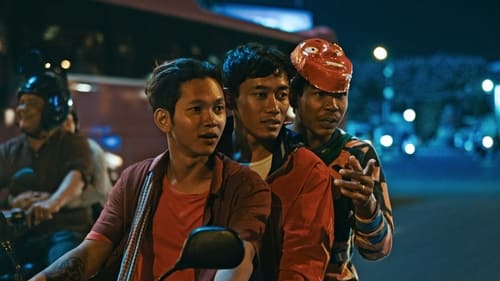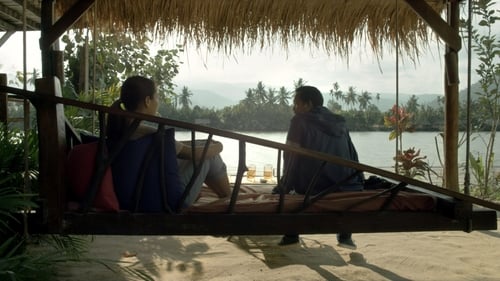
Art Direction
SAMNANG, 20, faces the demolition of his lifelong home in Phnom Penh and the pressures from family, friends, and neighbors which arise and intersect in this moment of sudden change.

Art Direction
Two women of different backgrounds encounter one another at an oceanfront resort. They then discover a hidden bond that allows them to escape from their realities.

Art Direction
A young woman relaxes at a riverfront restaurant. She recounts stories of her past experiences, finding enchantment in the flows of the river and the trees on the mountains nearby.

Kanitha, a young, free-spirited Cambodian woman in her 20s, lives in modern-day Phnom Penh, working multiple jobs and choosing to live how she pleases. However, her daydreaming creates tension with her traditional mother, who wants a daughter that will settle down to get married, and Kanitha seems ambivalent to her father's deteriorating health. The family's struggle seems immutable, but Kanitha dreams an idea born from memories of her father. TURN LEFT TURN RIGHT is structured as an album, with tracks and sounds influencing the form. The film weaves Cambodian rock songs together with motifs of family, nature, and boundless imagination.

Lida, a careerdriven woman in her late 20s in the developing metropolis of Phnom Penh, Cambodia, sells modern and upscale real estate developments to the growing middle and upper class in contemporary Cambodia. Lida may be thriving as a top real estate agent, but in her personal life , her relationship with her photographer boyfriend is deteriorating. Unable to escape the trauma and prison of her interior monologue, she travels to the quiet beach town of Kep, Cambodia, with her close companions. While the growth and modernization of the city promote an urban and cultural erasure, Kep reveals treasures from Cambodia’s heritage. It is there that Lida discovers that the specters from the past haunt in sublime and beautiful ways.

Director
Kanitha Tith’s 2014 artist film Boding is an evocative portrait of Phnom Penh’s White Building, Cambodia’s first public housing project built for moderate-income residents during the early 1960s. Originally consisting of 468 apartments, the White Building (like the whole city that surrounds it) was abandoned during the Khmer Rouge regime rule in the 1970s. After their fall in 1979, the building fell into disrepair but was still a home for its original residents, artists, community educators and others who built a vibrant community there. Tith’s film is a patient walkthrough of the “boding” (as it is popularly called by locals) that allows the viewer an unhurried look at its corridors, surfaces and the manifestations of life inside and around it.





